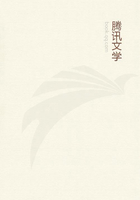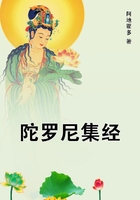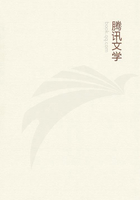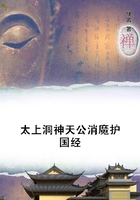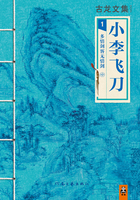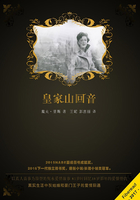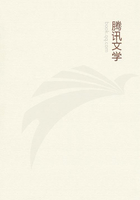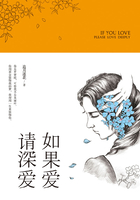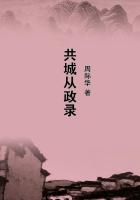Actions, then, are called just and temperate when they are such as the just or the temperate man would do; but it is not the man who does these that is just and temperate, but the man who also does them as just and temperate men do them. It is well said, then, that it is by doing just acts that the just man is produced, and by doing temperate acts the temperate man; without doing these no one would have even a prospect of becoming good.
But most people do not do these, but take refuge in theory and think they are being philosophers and will become good in this way, behaving somewhat like patients who listen attentively to their doctors, but do none of the things they are ordered to do. As the latter will not be made well in body by such a course of treatment, the former will not be made well in soul by such a course of philosophy.
5
Next we must consider what virtue is. Since things that are found in the soul are of three kinds- passions, faculties, states of character, virtue must be one of these. By passions I mean appetite, anger, fear, confidence, envy, joy, friendly feeling, hatred, longing, emulation, pity, and in general the feelings that are accompanied by pleasure or pain; by faculties the things in virtue of which we are said to be capable of feeling these, e.g. of becoming angry or being pained or feeling pity; by states of character the things in virtue of which we stand well or badly with reference to the passions, e.g. with reference to anger we stand badly if we feel it violently or too weakly, and well if we feel it moderately; and similarly with reference to the other passions.
Now neither the virtues nor the vices are passions, because we are not called good or bad on the ground of our passions, but are so called on the ground of our virtues and our vices, and because we are neither praised nor blamed for our passions (for the man who feels fear or anger is not praised, nor is the man who simply feels anger blamed, but the man who feels it in a certain way), but for our virtues and our vices we are praised or blamed.
Again, we feel anger and fear without choice, but the virtues are modes of choice or involve choice. Further, in respect of the passions we are said to be moved, but in respect of the virtues and the vices we are said not to be moved but to be disposed in a particular way.
For these reasons also they are not faculties; for we are neither called good nor bad, nor praised nor blamed, for the simple capacity of feeling the passions; again, we have the faculties by nature, but we are not made good or bad by nature; we have spoken of this before. If, then, the virtues are neither passions nor faculties, all that remains is that they should be states of character.
Thus we have stated what virtue is in respect of its genus.
6
We must, however, not only describe virtue as a state of character, but also say what sort of state it is. We may remark, then, that every virtue or excellence both brings into good condition the thing of which it is the excellence and makes the work of that thing be done well; e.g. the excellence of the eye makes both the eye and its work good; for it is by the excellence of the eye that we see well. Similarly the excellence of the horse makes a horse both good in itself and good at running and at carrying its rider and at awaiting the attack of the enemy. Therefore, if this is true in every case, the virtue of man also will be the state of character which makes a man good and which makes him do his own work well.
How this is to happen we have stated already, but it will be made plain also by the following consideration of the specific nature of virtue. In everything that is continuous and divisible it is possible to take more, less, or an equal amount, and that either in terms of the thing itself or relatively to us; and the equal is an intermediate between excess and defect. By the intermediate in the object I mean that which is equidistant from each of the extremes, which is one and the same for all men; by the intermediate relatively to us that which is neither too much nor too little- and this is not one, nor the same for all. For instance, if ten is many and two is few, six is the intermediate, taken in terms of the object;for it exceeds and is exceeded by an equal amount; this is intermediate according to arithmetical proportion. But the intermediate relatively to us is not to be taken so; if ten pounds are too much for a particular person to eat and two too little, it does not follow that the trainer will order six pounds; for this also is perhaps too much for the person who is to take it, or too little- too little for Milo, too much for the beginner in athletic exercises.
The same is true of running and wrestling. Thus a master of any art avoids excess and defect, but seeks the intermediate and chooses this- the intermediate not in the object but relatively to us.

